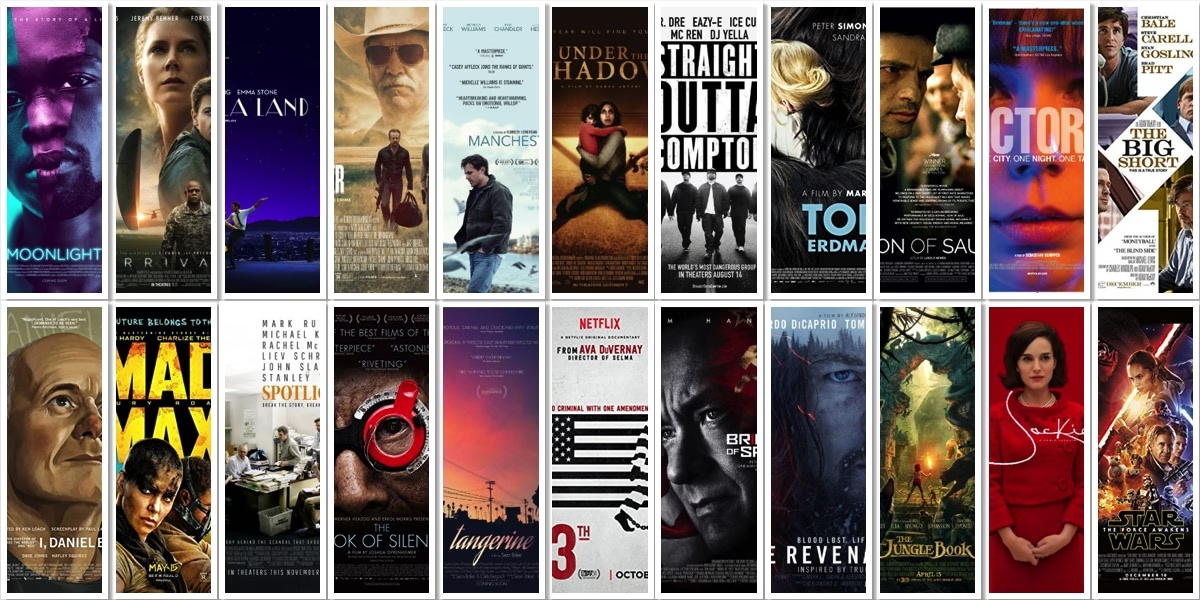Cinema, at its core, acts as a powerful mirror reflecting the complexities of the human experience and the realities of the world around us. Beyond mere entertainment, many films delve into the social, political, and cultural issues that shape our lives, sparking conversations and prompting reflection on our own place within the broader human experience.
From Social Commentary to Cultural Critique:
- Social Justice: Films like “Parasite” (2019) and “Get Out” (2017) offer insightful social commentary, exploring themes of class inequality, racial prejudice, and the complexities of social mobility.
- Political Unrest: Films often reflect periods of social and political upheaval. Works like “Do the Right Thing” (1989) and “12 Years a Slave” (2013) provide powerful portrayals of racial injustice and its enduring impact on society.
- Technological Disruption: Films like “Her” (2013) and “The Social Network” (2010) explore the impact of technology on human connection, identity, and the very fabric of society.
- Environmental Concerns: Films like “The Day After Tomorrow” (2004) and “Interstellar” (2014) raise awareness about environmental issues, such as climate change and resource depletion, prompting viewers to consider their impact on the planet.
The Power of Realism:
- Authentic Portrayals: Films that strive for authenticity in their portrayal of characters and situations can have a profound impact on audiences. By showcasing the complexities of human relationships and the challenges of everyday life, these films foster empathy and understanding.
- Breaking Down Stereotypes: Films that challenge stereotypes and offer nuanced portrayals of marginalized groups can contribute to a more inclusive and equitable society.
The Role of Independent Cinema:
Independent cinema often plays a crucial role in reflecting the realities of contemporary society. Free from the constraints of mainstream Hollywood, independent filmmakers are able to explore diverse perspectives, address social issues, and offer unique insights into the human condition.
Conclusion:
At their best, films serve as powerful mirrors, reflecting the complexities of the human experience and the realities of the world around us. By exploring social issues, challenging stereotypes, and offering authentic portrayals of diverse perspectives, films can spark important conversations, inspire social change, and enrich our understanding of ourselves and the world we inhabit.
Disclaimer: This analysis explores the general role of film in reflecting societal realities. The specific impact of individual films will vary depending on their content, artistic merit, and the context in which they are viewed.






